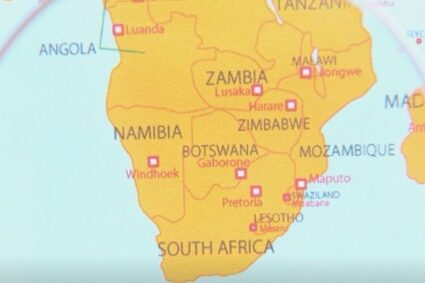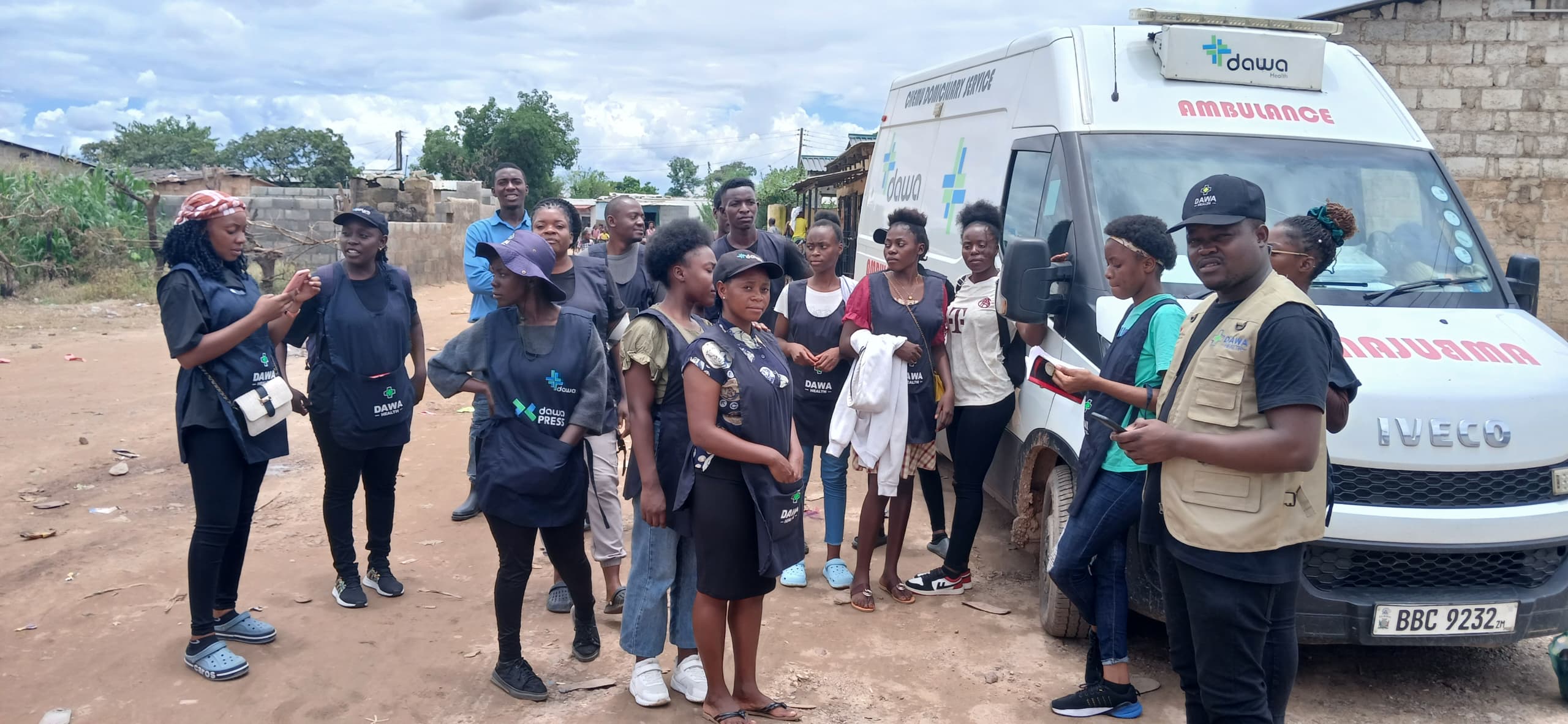
Dawa Health is revolutionizing maternal and child healthcare in Sub-Saharan Africa through AI-powered screening, profiling, and management tools. By leveraging digital health platforms and a network of frontline health agents, the company aims to reduce maternal and neonatal mortality in underserved communities.
At the forefront of this initiative is Tafadzwa Kalisto Munzwa (TKM), co-founder and CEO of Dawa Health, who is also co-founder of Denga Health, a platform addressing last-mile health logistics gaps in low-income African communities. In this exclusive interview with My Afrika Magazine, Munzwa shares insights into the inspiration behind Dawa Health, its challenges, milestones, and vision for the future.
MAM: Thank you Tafadzwa for taking a moment for this exclusive. Dawa Health is at the forefront of using AI and digital tools to improve maternal and child health. What inspired the creation of this platform, and what gap does it aim to fill in Sub-Saharan Africa’s healthcare landscape?
TKM: Our pleasure. So Dawa Health’s journey began with personal stories and professional training. Two of the co-founders are medical doctors, and one of them witnessed a close family member experience pregnancy-induced high blood pressure. Although the outcome was positive, it highlighted the dangers of delayed and fragmented care. This experience, coupled with our clinical expertise, drove us to address the pressing gaps in maternal and neonatal healthcare in Sub-Saharan Africa.
In Zambia and Zimbabwe, for example, fragmented care and the absence of real-time health data contribute to alarmingly high maternal and newborn mortality rates. In slum areas, 80% of pregnant women suffer from anemia, yet fewer than 20% receive timely care. Each day, over 15 women die from preventable complications, while 3 in 10 adolescent girls face pregnancy due to limited sexual health access. Additionally, more than 15,000 unemployed frontline health workers remain an untapped resource. Our goal is to change these statistics by creating a more integrated and responsive healthcare system.
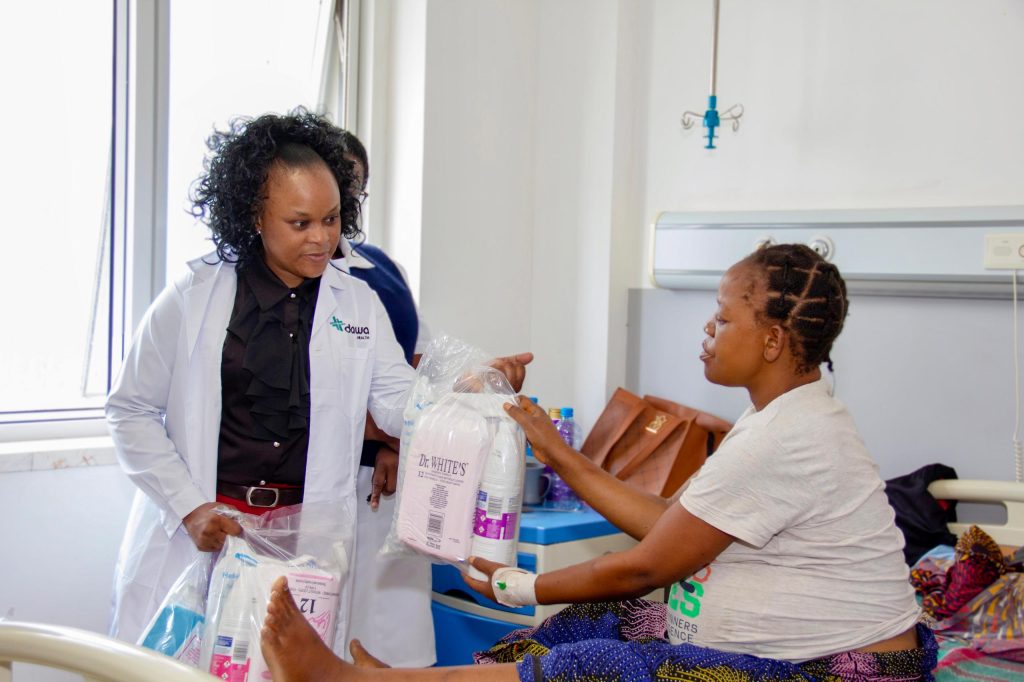
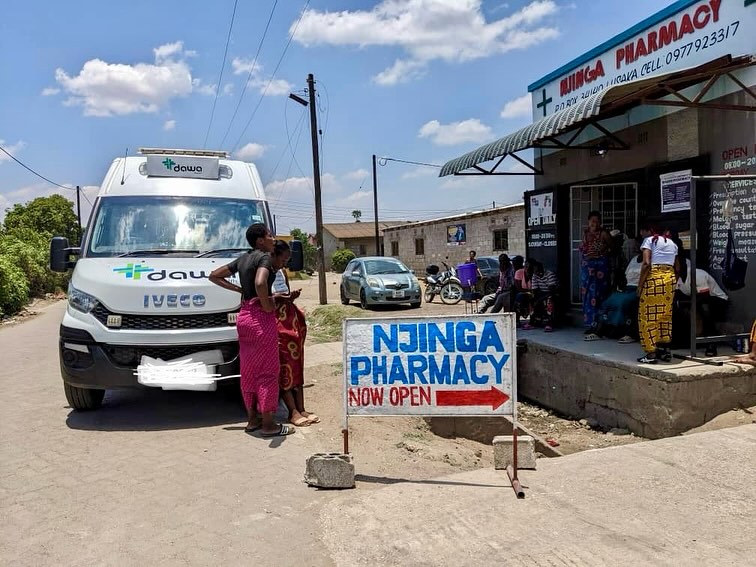
MAM: Life surely motivates us to go for our dreams, mostly, in uncertain moments. Your work prioritizes underserved communities, particularly in slum areas. What challenges have you faced in implementing healthcare solutions in these regions, and how have you overcome them?
TKM: Implementing healthcare solutions in low-resource settings presents several challenges:
- Infrastructure and Resource Constraints: Limited access to reliable internet, power, and diagnostic tools requires us to develop offline-capable, cost-effective solutions and partner with existing slum clinics to scale our efforts.
- Fragmented Care and Delayed Detection: The existing system struggles with early detection of high-risk conditions such as preeclampsia, anemia, and placenta previa, which complicates 5–8% of pregnancies and is linked to 1 in 10 maternal deaths in Sub-Saharan Africa.
- Social Barriers and Stigma: Issues like heavy menstrual bleeding (HMB) and access to safe abortion services affect nearly 50% of women, with 40% developing severe anemia. Social stigma and lack of resources exacerbate these challenges.
- Underutilized Workforce: Over 15,000 unemployed frontline health workers remain untapped due to chronic underfunding.
We have addressed these obstacles by recruiting and training community health workers (CHWs), equipping them with digital tools to operate mobile clinics that provide real-time, evidence-based care.
MAM: AI-powered screening and digital health platforms are transforming global healthcare. Can you explain how Dawa Health’s AI system works and how it improves maternal and neonatal health outcomes?
TKM: Our flagship AI-driven solution, DawaMom, targets maternal and child mortality as well as sexual and reproductive health (SRH) challenges like HMB. It operates through:
- Integrated Digital Infrastructure: DawaMom connects mobile clinics, CHWs, and predictive analytics. Our AI system, trained on anonymized electronic health records (EHRs) from over 11,000 patients, assesses risks like preeclampsia, postpartum hemorrhage, and anemia.
- Real-Time Risk Identification: CHWs and clinicians input patient symptoms via mobile apps, triggering AI alerts for urgent cases. This has reduced anemia detection time from 3 days to 5 minutes and improved ultrasound risk detection by 40%.
- Addressing SRH Challenges: Our AI system analyzes HMB symptoms and uses smartphone ultrasounds to detect uterine fibroids within 5 minutes. We also employ non-invasive hemoglobin monitoring to screen for anemia with ±2.5g/dL accuracy.
MAM: With digital tools playing a bigger role in healthcare, what do you see as the future of AI-driven maternal and child healthcare in Africa?
TKM: AI-driven maternal and child healthcare will bridge gaps in fragmented systems by enabling early, accurate detection of high-risk conditions. The future includes:
- Enhanced Diagnostics and Rapid Interventions through AI-powered risk assessment and real-time alerts.
- Empowering Frontline Health Workers with digital tools and ongoing training.
- Coordinated, Data-Driven Networks integrating government and private health sectors.
- Scaling and Collaboration to reach more communities across Africa.
MAM: Dawa Health not only supports mothers and newborns but also creates opportunities for healthcare workers. How do you recruit, train, and empower health agents to deliver quality care in underserved areas?
TKM: We recruit trusted, motivated individuals directly from the communities we serve, often selecting respected local figures with a passion for healthcare. Our training programs focus on clinical protocols, digital tool usage, and real-time decision support. Regular mentorship sessions and performance feedback ensure continuous learning and proficiency. By providing AI-powered mobile apps and a professional support network, we equip CHWs to detect high-risk conditions early and coordinate timely referrals, bridging the healthcare gap in underserved areas.
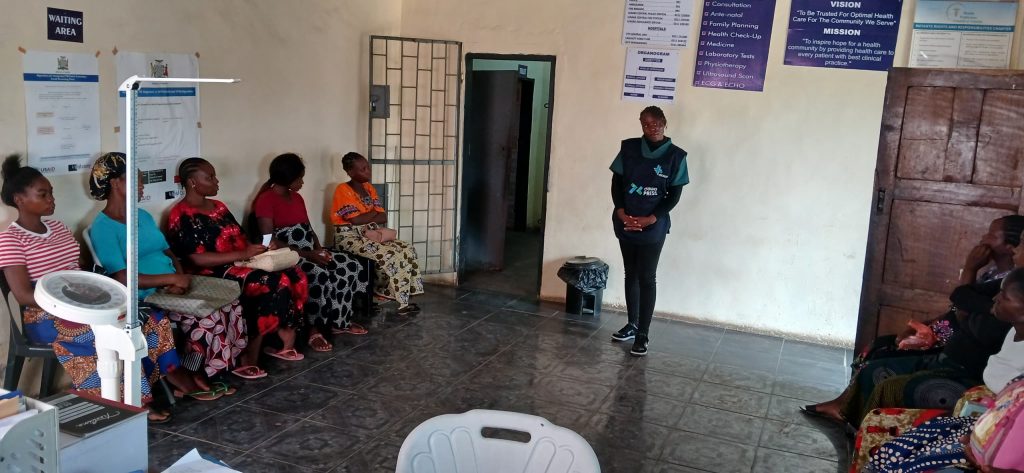
MAM: What has been the most significant milestone for Dawa Health so far, and how do you plan to expand your impact across Africa?
TKM: Our most significant milestone was the successful pilot phase of DawaMom, which screened over 11,000 patients in slum clinics in Lusaka and Harare. AI algorithms flagged 30% of patients as high-risk, leading to a 25% reduction in complications. Our non-invasive tools cut anemia detection time from three days to five minutes and streamlined referral systems doubled clinic revenue. These achievements helped us secure over $300,000 in funding to scale our impact further.
MAM: What message do you have for governments, NGOs, and investors who want to support healthcare innovation in Africa? How can they collaborate with Dawa Health to drive sustainable change?
TKM: We invite stakeholders to partner with us in revolutionizing healthcare innovation in Africa. Key areas of collaboration include:
- Collaborative Innovation: Integrate AI-driven diagnostics and mobile health solutions into national healthcare strategies.
- Investing in Local Capacity: Support our training programs to empower local health agents.
- Policy Support and Funding: Advocate for policies that facilitate digital health adoption and invest in real-time data infrastructure.
- Scaling and Impact: Help expand proven models like DawaMom to reach more underserved communities.
Together, we can create a future where maternal and child healthcare is accessible, efficient, and lifesaving for millions across Africa.

